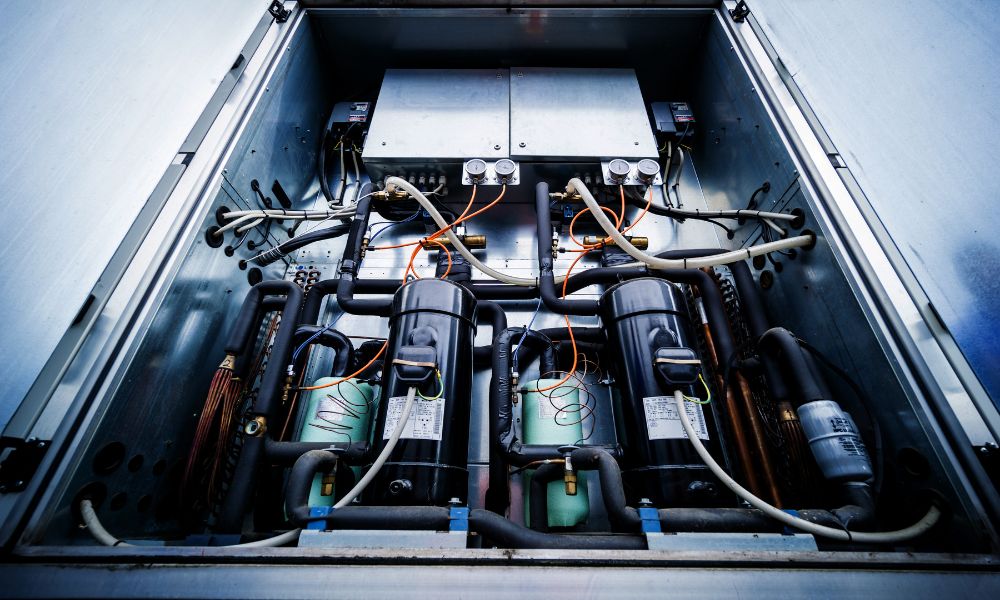Laboratories play a crucial role in scientific research, product development, and quality control. Lab managers must equip their facilities with advanced technology and specialized machinery to ensure accurate and reliable results. A frequency converter is one such essential technology. This article explores the benefits of frequency converters for laboratories and discusses how they can enhance operations in these settings.
1. Precise Control of Equipment
Many laboratory devices rely on motors that require a specific voltage and frequency to function accurately. Frequency converters allow for precise control of the voltage and frequency supplied to the motor, ensuring that equipment operates consistently and at peak performance. This level of control is particularly critical when it comes to sensitive instruments like centrifuges, incubators, and shakers.
2. Energy Efficiency
Keeping energy costs in check is crucial as laboratory devices consume a significant amount of energy. Frequency converters can help to save energy and reduce costs by converting the grid’s fixed frequency to the optimal frequency needed for each piece of equipment. Instead of running at full power all the time, motors can be fine-tuned to the exact required speed, lowering power consumption without sacrificing efficiency. Business owners and lab managers can save money on their energy bills by investing in converters while promoting sustainable and environmentally friendly practices by investing in converters.
3. Enhanced Compatibility and Integration
Their ability to enhance compatibility between devices sourced or manufactured from different countries is one of the key benefits of frequency converters for laboratories. Since electrical frequencies vary across regions (50 Hz in Europe and 60 Hz in North America, for example), lab managers may encounter operational difficulties when using equipment designed for a specific frequency. They can easily address these issues, ensuring all devices work together seamlessly, by using frequency converters.
Moreover, many advanced frequency converters also provide monitoring and control features that can integrate seamlessly with lab management systems. With these converters, you can centrally control the entire system and even automate operations, improving efficiency and reducing human errors.
4. Reduced Noise and Vibration
Laboratories require a quiet work environment, free from noise and vibration that could impact sensitive experiments or measurements. Many lab devices, like refrigeration compressors or vacuum pumps, generate significant noise during operation. Frequency converters can assist in reducing noise levels by controlling the equipment’s speed and allowing for smoother acceleration and deceleration. As a result, laboratories can maintain a comfortable and conducive working environment for staff, ensuring more accurate results.
Choose Visicomm Industries for the most reliable and efficient frequency converters on the market. We understand your laboratory’s need for precision, energy efficiency, system integration, and a quiet work environment. That’s why we designed our 60Hz to 50Hz frequency converters with advanced features that will meet your specific needs, ensuring seamless and efficient operations. Don’t compromise on quality when it comes to your scientific endeavors. Contact us at Visicomm Industries today and take the first step toward transforming your laboratory’s performance.
